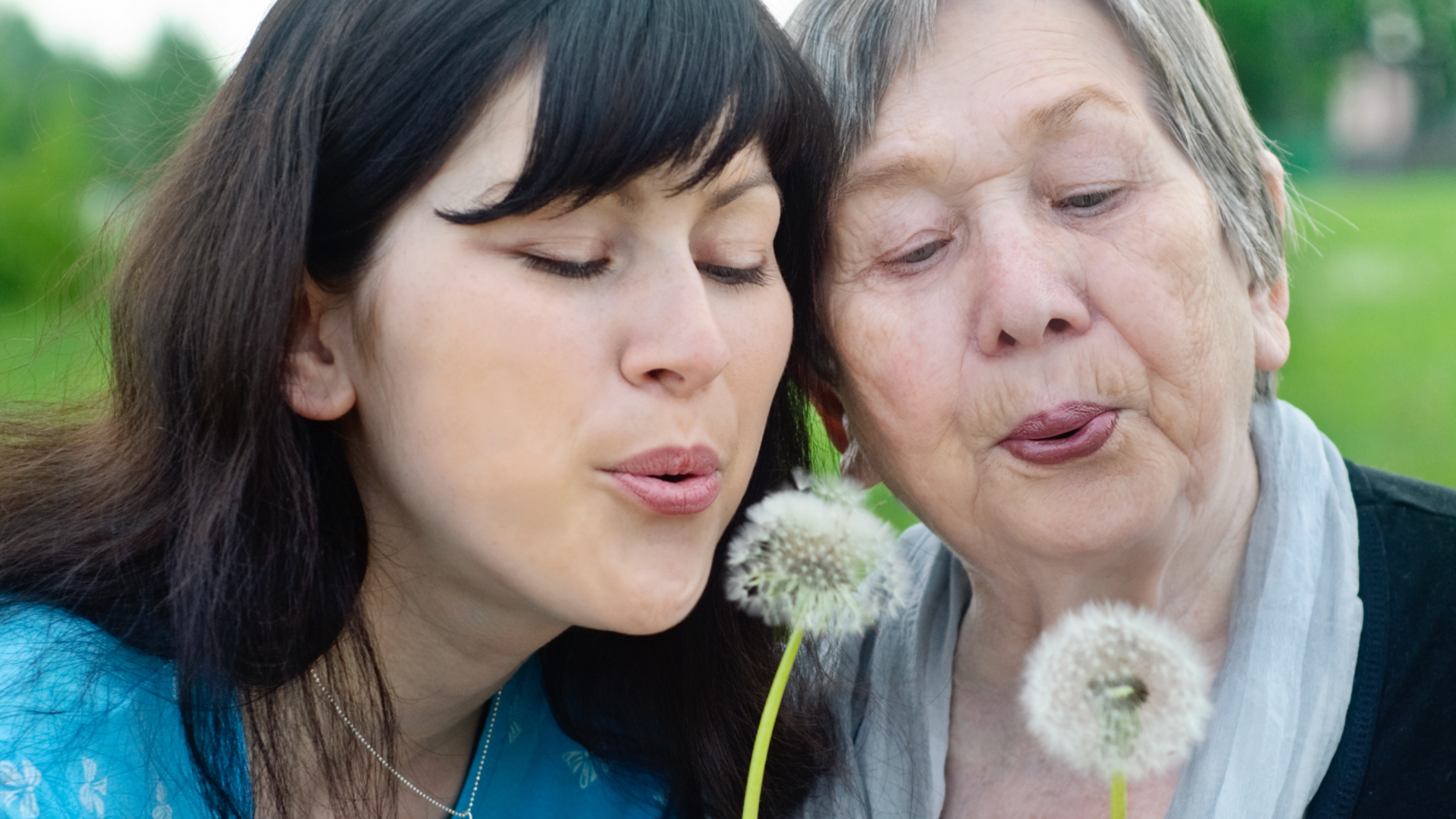Who is in charge?
Recovering from Anxiety and Depression
“I’m cured!”
“I’m never going to experience this again!”
Anxiety and depression can feel completely debilitating, it feels like we’re constantly accommodating for an unwanted visitor. This unwanted visitor causes havoc, stops us from doing the things that we enjoy, isolates us from our friends and drains all our energy out of us. We become accustomed to these feelings of impending doom and racing thoughts and we live everyday preparing for the next bad thing to happen. We lack motivation, tasks continue to build-up and everything feels unmanageable and overwhelming.
When your therapist asks you in your assessment for your main goal for treatment you might say “to stop feeling anxious” and “to cure the depression once and for all”. Considering the debilitating nature of anxiety and depression this is completely understandable! Let’s remove this unwanted visitor once and for all!
As human beings we tend to have an intolerance towards negative emotions, we don’t want to feel down and depressed, nor do we want to feel anxious and overwhelmed. Why would we?! Long-term feelings of anxiety and depression is a sign that you may be experiencing a common mental health problem. It is important to always reach out for help if you are struggling.
However, it is so important to remember that even after completing a course of therapy, Anxiety and Depression will inevitably pop up again at some point in your life. It may feel scary, you may feel like you’re back at square one, but it’s important to remember that anxiety and depression can also be normal short-term responses to stressful and difficult situations.
It is normal to feel more anxious amid a worldwide pandemic when we are told to keep 2m apart, keep washing our hands and only go out if necessary. It is normal to feel low when we cannot hug and see our loved ones. It is normal to feel more anxious when you have a big deadline coming up at work or when your child is going through a hard time at school.
CBT can help you to find strategies to manage this, however what no therapy can do is remove these feelings all together, when we think
about it logically – we wouldn’t want to! Let’s consider what the world would be like if nobody experienced anxiety…
We wouldn’t be going to work and we wouldn’t be paying our bills that’s for sure! If we weren’t anxious COVID-19 cases would rise as nobody would keep a distance. Anxiety is what protects us, it keeps us safe, it keeps us productive and helps us to succeed. It is normal to experience anxiety at work when you have a deadline coming up, this is what will push you to achieve your best, help you meet your goals or work hard to do well in an exam. However, it’s when these feelings become debilitating and stop us from achieving, that we need to do something about them. This may be a sign that your anxiety is controlling you.
As mentioned, these feelings cannot be removed all together, they are natural responses to stressful or difficult situations. At Trent PTS, what we can do is help you learn to control these symptoms by giving you evidence-based strategies to manage your mood or anxiety so that you don’t notice them as often.
Once you complete a course of treatment with us, it is easy to feel cured and abandon these strategies that helped you because “you don’t need them anymore!”. However, what is key to recovery is being aware that the unwanted visitor will inevitably return at some point for a visit, but knowing that you’re now prepared and have the strength, tools and ability to be able to cut the visit short.













